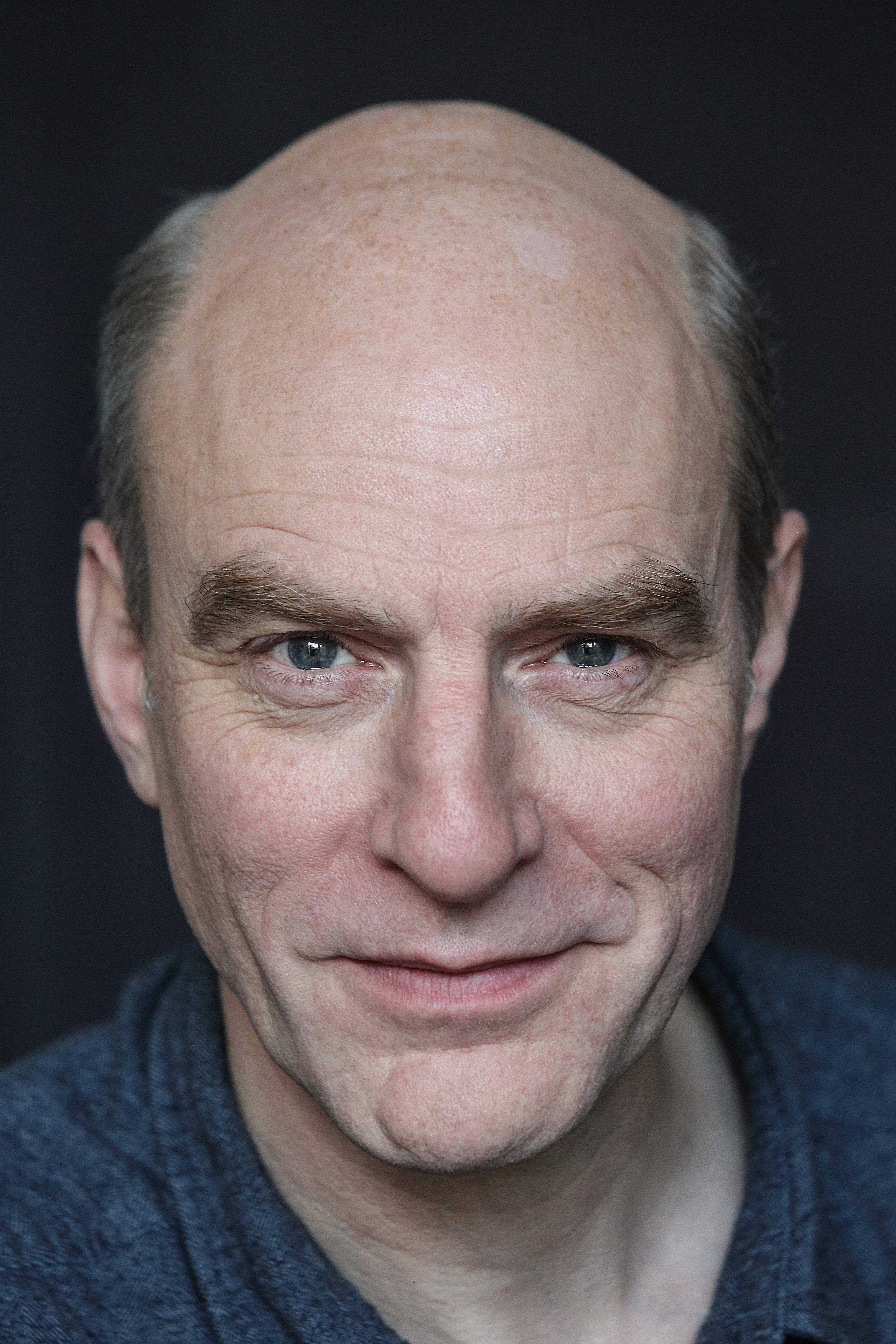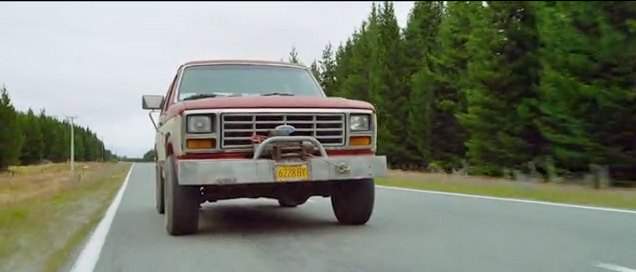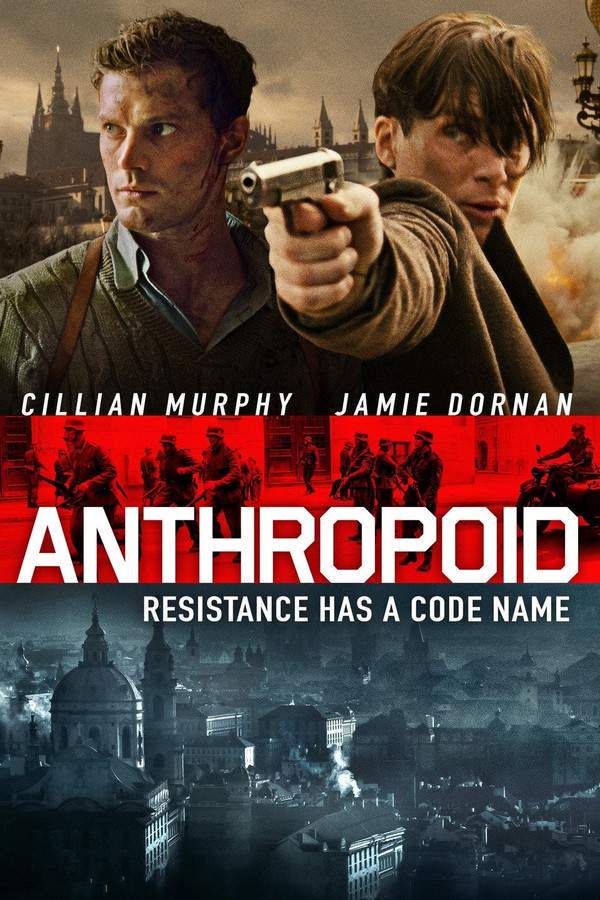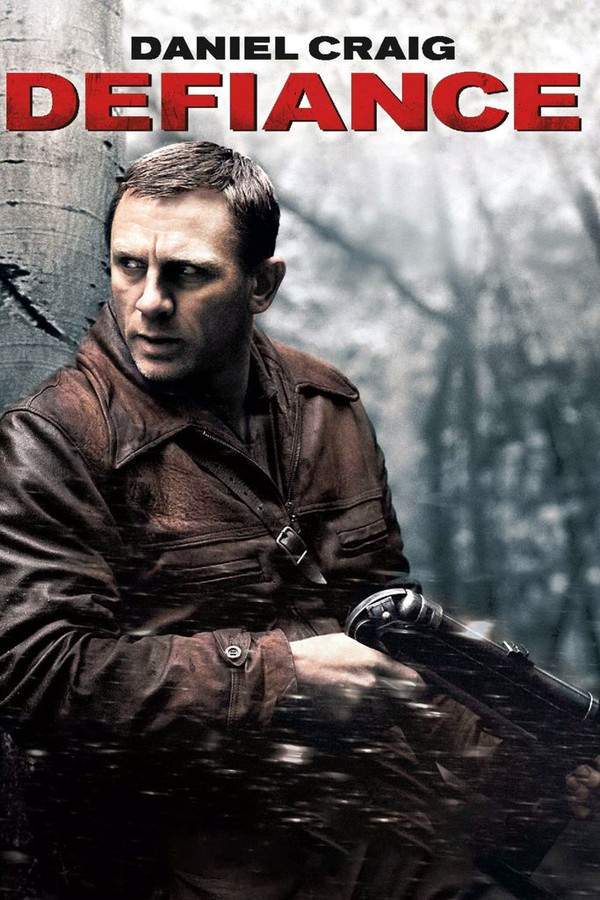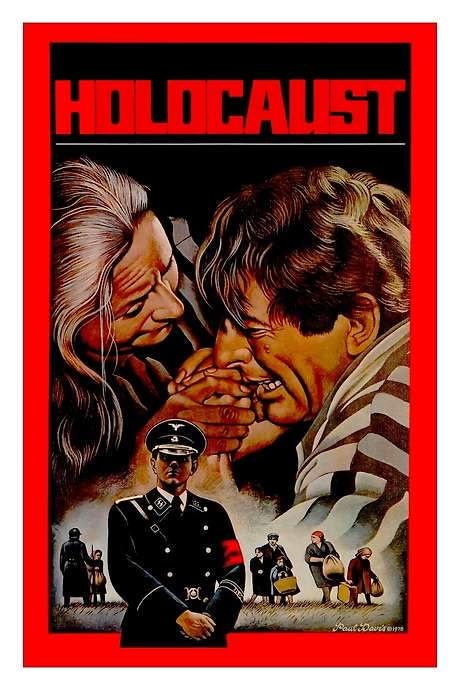Walking with the Enemy 2014
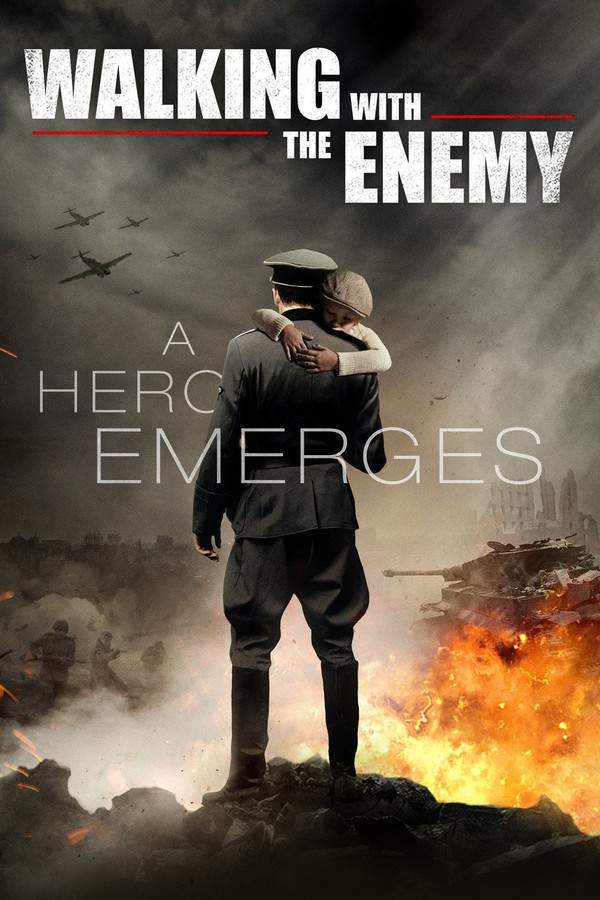
During World War II, a brave young man undertakes a perilous mission, disguising himself as a Nazi officer to infiltrate enemy territory. He risks his life to protect his family and countless others from the atrocities of the Holocaust. The story also explores the difficult decisions faced by Hungary’s leader as he struggles to maintain his nation’s integrity and compassion amidst the escalating conflict.
Does Walking with the Enemy have end credit scenes?
No!
Walking with the Enemy does not have end credit scenes. You can leave when the credits roll.
Meet the Full Cast and Actors of Walking with the Enemy
Explore the complete cast of Walking with the Enemy, including both lead and supporting actors. Learn who plays each character, discover their past roles and achievements, and find out what makes this ensemble cast stand out in the world of film and television.
External Links and Streaming Options
Discover where to watch Walking with the Enemy online, including streaming platforms, rental options, and official sources. Compare reviews, ratings, and in-depth movie information across sites like IMDb, TMDb, Wikipedia or Rotten Tomatoes.
Ratings and Reviews for Walking with the Enemy
See how Walking with the Enemy is rated across major platforms like IMDb, Metacritic, and TMDb. Compare audience scores and critic reviews to understand where Walking with the Enemy stands among top-rated movies in its genre.

44
Metascore
6.2
User Score


46%
TOMATOMETER

58%
User Score

6.5 /10
IMDb Rating

63
%
User Score

3.53/5
From 47 fan ratings
Take the Ultimate Walking with the Enemy Movie Quiz
Challenge your knowledge of Walking with the Enemy with this fun and interactive movie quiz. Test yourself on key plot points, iconic characters, hidden details, and memorable moments to see how well you really know the film.
Walking with the Enemy Quiz: Test your knowledge on the poignant story of bravery and survival during the Holocaust depicted in 'Walking with the Enemy'.
What year does 'Walking with the Enemy' take place?
1942
1944
1945
1939
Show hint
Full Plot Summary and Ending Explained for Walking with the Enemy
Read the complete plot summary of Walking with the Enemy, including all major events, twists, and the full ending explained in detail. Explore key characters, themes, hidden meanings, and everything you need to understand the story from beginning to end.
As the dark specter of German occupation envelops Budapest in 1944, József, played by Ben Kingsley, a Jewish radio repair shop owner, confronts a heartrending choice: he must send his two young employees, Elek Cohen and Ferenc Jacobson, portrayed by Jonas Armstrong and Simon Kunz, back to their families. Taking advantage of a benevolent Catholic priest, they procure forged baptismal certificates, urging their families to use them as a vital escape route when they are coerced into joining the brutal Hungarian labor service, where Jewish men suffer horrific treatment—facing summary execution for any sign of weakness or injury.
In the midst of this turmoil, Carl Lutz, a steadfast figure at the Swiss diplomatic office known as the Glass House in Budapest, finds himself empowered to issue 8,000 Swiss passports to individual Jews. Yet, in a remarkable act of defiance, he expands this mandate, issuing passes for entire families rather than just solo individuals.
As Elek and Ferenc successfully navigate their escape from the labor service, they return home only to confront the devastating reality that their families have already been deported. Elek discovers his home thoroughly ransacked, finding only the baptismal certificates tucked away in a family photo, an invaluable memento he carries with him as a lifeline to hope.
In a dramatic twist, Hungarian leader Horthy clandestinely negotiates an armistice with Stalin. But this coup is quickly uncovered by the Nazis, who respond by abducting his son, storming Buda Castle, and ultimately overthrowing him, leading to his imprisonment in Germany. The fascist Arrow Cross Party, led by Ferenc Szálasi, rises to power, joining forces with the Nazis to relentlessly hunt down Jewish refugees.
Instinctively driven, Elek and Ferenc take it upon themselves to aid Jewish families in peril. They eventually establish a partnership with Lutz, who remains committed to the cause of protecting Hungarian Jews during this harrowing period. A poignant encounter introduces Elek to Hannah, a young Jewish woman whose life becomes entwined with his when Nazi officers track her to a hiding place shared by Elek and others.
Demonstrating remarkable courage, Elek defends Hannah, killing the intruding Nazis before any harm can come to her. Boldly, he and Ferenc later exhume the bodies of the Nazi officers they dispatched and don their uniforms. For several months, this audacious duo impersonates SS officers, skillfully redirecting thousands of Jews to safe havens where they embark on their treacherous journey towards freedom, all while under the ever-watchful eyes of the Swiss, and occasionally, a convent.
The narrative culminates with the triumphant arrival of the Russian army in Budapest, signaling the end of German occupation. Amidst the upheaval, Elek’s life hangs in the balance when an SS lieutenant aims at him, his son’s innocent act towards a group of captured Jews triggering a catastrophic chain of events. Astonishingly, the officer’s fate is sealed by a weary German commander, serving as a frightening reminder of the severe repercussions that follow acts of defiance against tyranny.
Fast forward thirteen years to 1958, the story transports us to New York City, where Elek’s son is joyously celebrating his adopted son’s wedding. This touching denouement resonates as a tribute to resilience and the passage of time, memorializing those who weathered the storm of human history’s darkest hours.
This film, anchored in true events, pays homage to the intrepid spirit of Pinchas Rosenbaum, whose valiant rescue efforts saved numerous lives during the tumult of World War II. It also highlights the tragic losses endured by his family, victims of Auschwitz alongside 500,000 Hungarian Jews, a haunting reminder of the war’s catastrophic toll.
Additionally, the narrative touches upon other significant figures such as SS Lt. Colonel Otto Skorzeny, Dieter Wisliceny, Ferenc Szalasi, Arrow Cross Captain Kovarcz, and Adolf Eichmann, whose haunting legacies resonate throughout history. The fates of Regent Horthy and his son, who were both imprisoned until the war’s conclusion, are also acknowledged as they faced their final days in Portugal, in 1957 and 1993, respectively.
In honor of heroism, Carl Lutz’s legacy is celebrated for forming the Swiss Legion (The Glass House), a bastion of hope that ultimately safeguarded countless lives. His story serves as a poignant reminder of the unyielding power of compassion and courage in the face of overwhelming adversity.
Uncover the Details: Timeline, Characters, Themes, and Beyond!

Coming soon on iOS and Android
The Plot Explained Mobile App
From blockbusters to hidden gems — dive into movie stories anytime, anywhere. Save your favorites, discover plots faster, and never miss a twist again.
Sign up to be the first to know when we launch. Your email stays private — always.
Watch Trailers, Clips & Behind-the-Scenes for Walking with the Enemy
Watch official trailers, exclusive clips, cast interviews, and behind-the-scenes footage from Walking with the Enemy. Dive deeper into the making of the film, its standout moments, and key production insights.
Cars Featured in Walking with the Enemy
Explore all cars featured in Walking with the Enemy, including their makes, models, scenes they appear in, and their significance to the plot. A must-read for car enthusiasts and movie buffs alike.
Walking with the Enemy Themes and Keywords
Discover the central themes, ideas, and keywords that define the movie’s story, tone, and message. Analyze the film’s deeper meanings, genre influences, and recurring concepts.

Unlock the World of Movies with Our Comprehensive Wiki
Dive into our Movie Wiki for in-depth film encyclopedia entries, including cast biographies, production trivia, plot synopses, behind-the-scenes facts, and thematic analyses. Whether you’re researching iconic directors, exploring genre histories, or discovering hidden easter eggs, our expertly curated movie database has everything you need to fuel your cinematic passion.

Similar Movies To Walking with the Enemy You Should Know About
Browse a curated list of movies similar in genre, tone, characters, or story structure. Discover new titles like the one you're watching, perfect for fans of related plots, vibes, or cinematic styles.
Quick Links: Summary, Cast, Ratings, More

What's After the Movie?
Not sure whether to stay after the credits? Find out!
Explore Our Movie Platform
New Movie Releases (2026)
Famous Movie Actors
Top Film Production Studios
Movie Plot Summaries & Endings
Major Movie Awards & Winners
Best Concert Films & Music Documentaries
Movie Collections and Curated Lists
© 2026 What's After the Movie. All rights reserved.






